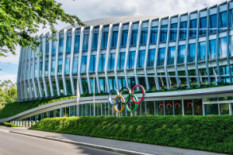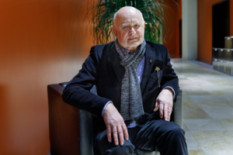Briefly about JAS:
The National Center "Junior Academy of Sciences of Ukraine" (JAS) is a unique educational system that ensures the organization and coordination of research activities for students. It creates conditions for their intellectual, spiritual, and creative development, as well as professional self-determination, and contributes to the growth of the country's scientific potential. JAS's activities aim to identify, develop, and support gifted students with scientific abilities.
The organization has 33 regional branches, over 300 extracurricular institutions of various types, and more than 6,500 teachers, and the structure of the scientific departments of JAS consists of 63 sections grouped into 12 scientific departments.
Students of MJAS conduct research activities in the fields of philology and art studies (25%), chemistry and biology, ecology and agricultural sciences (23%), and history and geography (20%).
Currently, about 300,000 gifted students from all over Ukraine are members of MAS. Any willing students from grades 6-11 can become participants.
Students who are members of JAS participate in various regional, all-Ukrainian, and international intellectual competitions, tournaments, and Olympiads.
In the spring of this year, students of JAS achieved dozens of prestigious awards at international events, which we will share in this article.
Victory at the Geneva International Exhibition of Inventions (GIEI)
Context
In April 2023, Junior Academy of Sciences students won 5 awards at the International Exhibition of Inventions in Geneva. This annual event, now in its 48th edition, allows inventors and researchers to present their projects to the global community. The event involves independent scientists, industrial and commercial companies, private and public organizations, universities, and associations.
Among the winners... 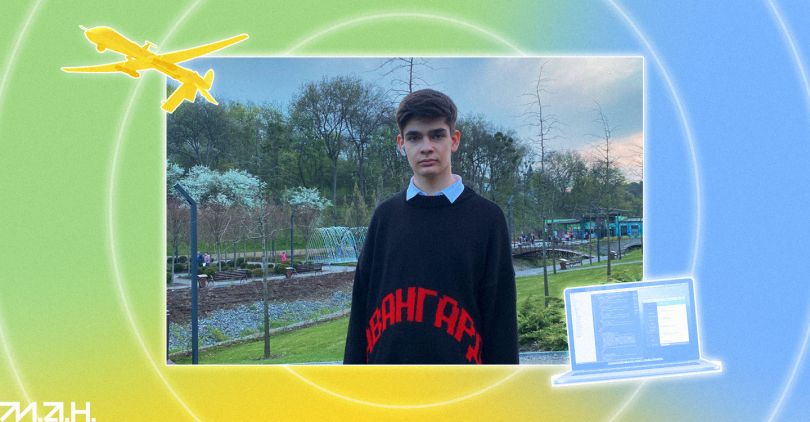
Mykyta Mudryi developed a software complex that protects drones. He received a bronze medal for his project.
"Since the beginning of the full-scale war, I decided to assist Ukraine's defense sector. I knew that the occupiers were intercepting communication between our drones and their base control stations, thus obtaining the operator's coordinates and being able to destroy them. This prompted me to create the project. I explored ways to protect the software of drones from attacks, developed my methodologies, and based on the collected materials, created a software complex for protection in three variations: console, desktop, and web versions. By implementing these programs, the enemy will require more time to decipher the traffic and determine the coordinates of our UAV operators," explains the young inventor.
"It was the fourth international competition I participated in, but it was at the exhibition in Geneva that I received particularly valuable feedback, useful contacts, and even potential investors. However, such events can be exhausting because it is truly challenging and somewhat nerve-wracking work," he mentioned in an interview for JASmedia. 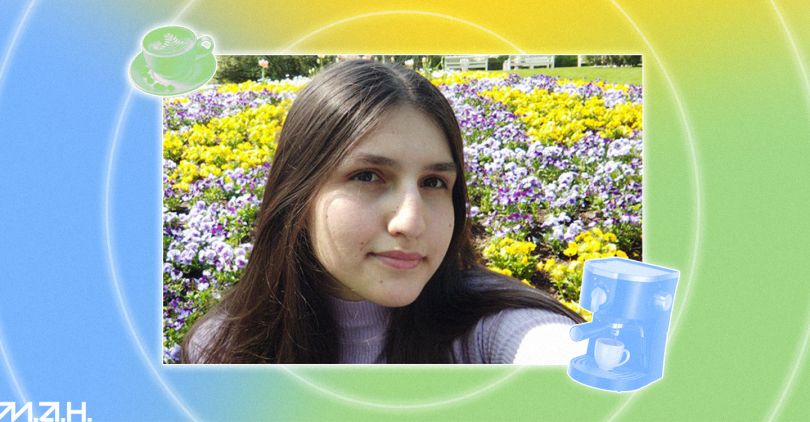
Irina Krasovska invented a mechanism to prevent sugar clumping in the automated doser of the coffee machine. She won a bronze medal for her development.
"Once, I noticed the entire area around street cafes was littered with empty sugar packets. It bothered me, and I decided to find a solution," the innovator explains.
After conducting research, she eventually decided to create a compact sugar doser. "When I made the first one, I realized why coffee machines didn't have such dosers. It turned out that even microscopic vapors from a hot water cup were enough to cause the doser to stop working due to the sugar clumping. From then on, I began analyzing physical phenomena and searching for ways to move the doser inside the coffee machine. To my surprise, it turned out to be quite simple: I needed to blow air on the doser mechanisms so that the hot steam from the hot water couldn't come into contact with the colder mechanisms. And in the end, I created a sugar doser that doesn't clump even after prolonged use."
Full versions of Mykyta and Iryna's stories can be found in the interview with JASmedia.

Victory at the International Exhibition of Inventions and Innovations "INTARG"
Context
In May 2023, Junior Academy of Sciences students won 6 awards at the International Exhibition of Inventions and Innovations "INTARG." This event brings together young inventors worldwide to showcase their inventions, developments, and innovative products. The topics cover a wide range, from logistics to nanotechnology, the food industry to IT. The international exhibition takes place annually in Katowice, Poland.
Among the winners:
Mykhailo Muts'kyi proposed a technology that helps produce porous aluminum more efficiently and cost-effectively. Mykhailo won the gold medal with this invention.
Maksym Leshchenko developed a web messenger that will be particularly useful for IT professionals. With this research, Maksym earned a bronze medal.
Viktoriia Panchenko created an eco-pontoon for purifying river water. She won the silver medal with her project.
Find out more about the boys' stories in this MANmedia article.
Learn about Viktoriia's project in this article.
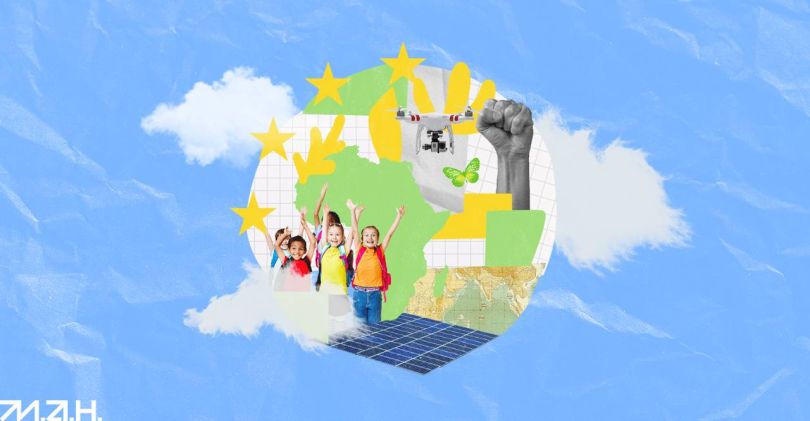
Victory at the European Exhibition of Creativity and Innovation (EUROINVENT) in Romania
Context
In May 2023, the Junior Academy of Sciences students won 13 gold medals, 2 silver medals, and 13 special awards from international organizations at the European Exhibition of Creativity and Innovation.
Among the winners...
Mykyta Naumov developed a technical solution that helps a quadcopter deliver necessary items to places that conventional transportation cannot reach. He won the gold medal with his project.
Vladyslav Yevlan proposed a system for controlling and improving the microclimate on educational premises. He earned the gold medal with this project.
Anna Butenko offered a device for cooling the lower part of solar panels. She achieved the gold medal with her project.
Winners' Stories - in an interview with JASmedia
We thank the MAN-media team for their assistance in preparing the material.
